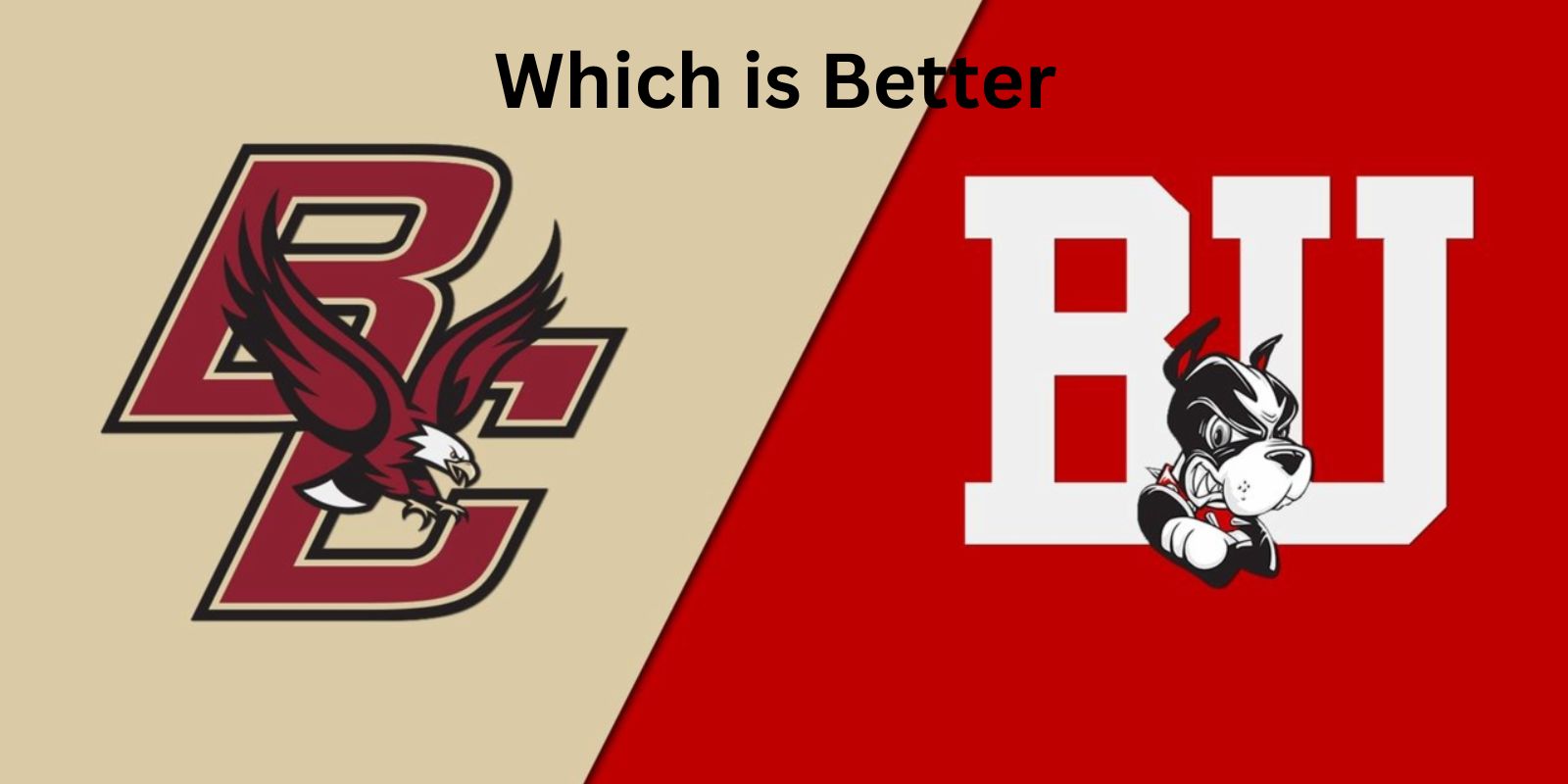Introduction:
The healthcare industry is a complex and rapidly evolving field, requiring skilled professionals who can effectively manage and navigate the intricacies of healthcare organizations. A master’s degree in hospital administration equips individuals with the knowledge and skills necessary to lead and manage healthcare facilities efficiently. This article aims to provide a detailed overview of pursuing a master’s degree in hospital administration, including program highlights, career prospects, and the importance of this degree in the healthcare industry.
Program Overview:
A master’s degree in hospital administration, also known as healthcare management or healthcare administration, is a postgraduate program that focuses on preparing individuals for leadership roles in healthcare organizations. The curriculum encompasses various aspects of healthcare management, including healthcare policy, finance, human resources, operations management, quality improvement, and strategic planning. The program integrates theoretical knowledge with practical experiences to develop students’ analytical, problem-solving, and decision-making abilities within the context of the healthcare industry.
Curriculum:
The curriculum of a master’s degree in hospital administration is designed to provide a comprehensive understanding of the healthcare system and its management. While specific course offerings may vary among institutions, common subjects covered in the program include:
- Healthcare Systems and Policy: An examination of healthcare delivery systems, healthcare reform, health policy analysis, and the legal and ethical aspects of healthcare.
- Healthcare Finance: An overview of financial management principles and practices specific to healthcare organizations, including budgeting, revenue cycle management, reimbursement models, and healthcare economics.
- Healthcare Operations Management: Focuses on improving operational efficiency, resource allocation, supply chain management, quality improvement, and patient safety within healthcare settings.
- Healthcare Leadership and Management: Explores leadership styles, organizational behavior, strategic planning, change management, and human resources management in healthcare organizations.
- Healthcare Information Systems: Covers the use of technology in healthcare, electronic health records (EHRs), health information exchange, data analytics, and cybersecurity.
- Healthcare Marketing and Communication: Examines marketing strategies, patient engagement, branding, public relations, and effective communication within the healthcare industry.
- Legal and Ethical Issues in Healthcare: Addresses healthcare laws, regulations, compliance, medical ethics, patient rights, and risk management.
- Health Policy and Advocacy: Explores the role of healthcare administrators in shaping health policy, advocating for healthcare reform, and addressing public health issues.
Career Prospects:
Earning a master’s degree in hospital administration opens up a wide range of career opportunities in the healthcare industry. Graduates can pursue various administrative roles in hospitals, clinics, long-term care facilities, pharmaceutical companies, insurance companies, consulting firms, and government agencies. Some common job titles include:
- Hospital Administrator/CEO/COO: Responsible for overseeing the overall operations and strategic direction of a healthcare facility, including financial management, policy development, and quality improvement.
- Health Services Manager: Manages and coordinates the operations of specific departments or service areas within a healthcare organization, such as finance, human resources, marketing, or information systems.
- Healthcare Consultant: Provides expert advice and guidance to healthcare organizations, helping them optimize operations, implement quality improvement initiatives, and adapt to changing regulatory environments.
- Healthcare Policy Analyst: Analyzes healthcare policies, conducts research, and makes recommendations to improve healthcare delivery systems and address public health challenges.
- Healthcare Project Manager: Leads and manages projects aimed at implementing new technologies, improving processes, or addressing specific healthcare challenges within an organization.
Importance of a Master’s Degree in Hospital
Administration:
The healthcare industry is evolving rapidly, facing numerous challenges such as rising costs, technological advancements, changing regulations, and an aging population. A master’s degree in hospital administration equips individuals with the necessary skills to navigate these complexities and make informed decisions that improve patient outcomes, enhance operational efficiency, and drive organizational success. Key reasons why this degree is essential in the healthcare industry include:
- Comprehensive Knowledge: The program provides a comprehensive understanding of healthcare management principles, allowing administrators to make informed decisions based on the broader context of the industry.
- Leadership Development: The curriculum emphasizes leadership and management skills, preparing individuals to effectively lead teams, motivate employees, and drive organizational change in healthcare settings.
- Strategic Thinking: Students learn to think strategically and develop innovative approaches to address challenges, adapt to industry changes, and drive the long-term success of healthcare organizations.
- Improved Patient Care: Hospital administrators play a crucial role in ensuring the delivery of quality patient care. The degree equips individuals with the knowledge to enhance healthcare delivery processes and promote patient safety.
- Financial Acumen: Understanding healthcare finance is vital for administrators to navigate budget constraints, optimize revenue cycles, and allocate resources effectively, ultimately contributing to the financial sustainability of healthcare organizations.
Conclusion:
A master’s degree in hospital administration is an excellent choice for individuals seeking to enter or advance their careers in the healthcare industry. By providing a comprehensive understanding of healthcare management principles, this program prepares graduates for leadership roles that contribute to the success of healthcare organizations. With the evolving healthcare landscape, the demand for skilled healthcare administrators continues to grow, making a master’s degree in hospital administration a valuable investment for those aspiring to make a positive impact in healthcare delivery and patient outcomes.
FAQ’s
-
MS in Hospital Administration refers to a Master of Science degree program that focuses on the specialized field of healthcare management. It provides in-depth knowledge and skills in areas such as healthcare policy, finance, operations, leadership, and strategic planning, preparing individuals for managerial and leadership roles in hospitals and other healthcare organizations. The program aims to develop professionals who can effectively manage the complexities of healthcare delivery and contribute to improving patient care and organizational efficiency.
-
A Master’s in Hospital Administration (MHA) or Master’s in Healthcare Administration (MHA) is considered the best course for individuals aspiring to pursue a career in hospital administration. This program provides a comprehensive understanding of healthcare management principles, equips students with essential skills in finance, operations, leadership, and policy, and offers practical experiences through internships or residencies. The MHA degree prepares individuals for leadership roles in hospitals and healthcare organizations, where they can contribute to improving patient care, operational efficiency, and organizational success.
-
No, a Master of Nursing (MSN) and a Master of Healthcare Administration (MHA) are not the same degree programs. MSN focuses on advanced nursing practice, clinical skills, and specialized knowledge in nursing. On the other hand, MHA focuses on healthcare management, leadership, policy, and administration, preparing individuals for managerial and leadership roles in healthcare organizations. While both degrees have overlapping areas related to healthcare, their focus and career outcomes differ significantly.
-
While an MHA degree earned in India may not automatically be recognized as valid in the USA, it can still hold value depending on various factors. The recognition and acceptance of an Indian MHA degree in the USA will depend on the specific educational institution, accreditation, and equivalency evaluations conducted by professional bodies such as the Commission on Accreditation of Healthcare Management Education (CAHME). It is recommended to research and consult with relevant authorities and institutions in the USA to determine the recognition and potential transferability of an MHA degree earned in India.










